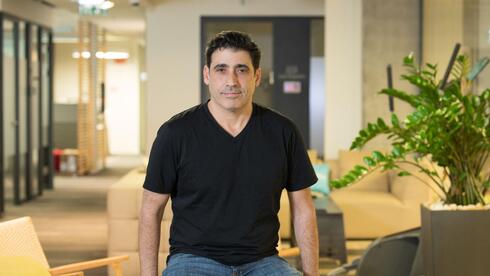
Most Promising Startups - 2024
Amid financial strains, Israel’s tech sector eyes a resilient future
Israeli high-tech has demonstrated impressive resilience during a challenging period. To realize its long-term potential, a comprehensive national plan is required, led by a full-time high-tech minister.
Looking from the side, the high-tech situation looks complex. On the one hand, we see a drop in the volume of investments in the industry, which have returned to the levels of 2018, a decrease in the number of new startups, difficulty for companies to raise capital, and layoffs. On the other hand, seven capital raises of hundreds of millions of dollars each have been announced since January. The M&A market has presented a double-digit number of significant transactions since the beginning of the war. Dozens of private companies with revenues of over $100 million are being prepared for an IPO in the coming years, and Israel has clearly established itself as a global cyber center.
In the last few months, the picture seems to be getting clearer. It is becoming evident which companies succeed during this period and emerge stronger, which have difficulty raising capital, and which will be required (or would prefer) to be sold instead of making changes in product, business, or management direction, even if they have the capital to do so. Natural selection "releases" potential entrepreneurs back into the market, who preferred the unicorns during the boom years, and this will again increase the number of new startups. The large "inventory" of companies created during the boom period feeds a wave of M&A transactions. At the same time, there is a lot of capital in the system, which competes for companies in consensus and allows them to raise funding at high valuations even today.
The fever of fundraisings and exits in Israeli cyber—over 90% of the significant transactions in the world in the last two years—has established the field as a separate ecosystem with its own rules. International players recognize Israel as a unique development center for forward-looking cyber technologies and follow it closely to get their hands on the winning solutions when a clear and verified new category is created.
In a broader perspective, Israel faces several challenges that will affect the next decade. The first is artificial intelligence—perhaps the greatest technological revolution of all in terms of its power and its expected rapid impact on all industries. AI may re-deal the cards in the tech world. The second is new tech centers in Europe and Asia, which compete for investments and multinational development centers. The third is the uncertainty derived from the acute political-social crisis in Israel, the security threat, and the challenging political situation.
In a country with limited natural resources and a small workforce and local market, high-tech is the future. To maintain its position as a global center of technological innovation, Israel needs a strategic plan that combines existing efforts with new ideas and is led by a full-time high-tech minister or ministers. They should integrate regulatory, educational, financial, and diplomatic initiatives into one, cohesive plan with a long-term vision.
Among other things, it is recommended to increase the local technological talent base by moving to technological education from a young age, integrating additional populations (women, ultra-Orthodox, and Arabs) into the field, providing massive support for the necessary academic research in AI, distributing incentives to return Israeli scientists from abroad, encouraging the establishment of development centers for international companies in Israel, and incentivizing Israeli high-tech companies to establish managerial functions such as marketing, human resources, and finance in Israel. It is also worthwhile to diversify areas of activity by providing significant incentives for investors and companies in areas expected to undergo profound change in the coming decade, such as medicine, education, food, robotics, climate, and energy.
Moreover, Israel must be made a particularly attractive place for venture capital investments by providing tax benefits to all foreign investors, attracting Israeli institutions, distributing incentives to entrepreneurs to establish Israeli companies, finding solutions for employing foreign experts, removing barriers, and providing regulatory and tax certainty. Our potential is huge. With centralized management at a national level and in close cooperation with the industry, it is possible to help it come true.
Noam Canetti is a Managing Partner at EY Israel















